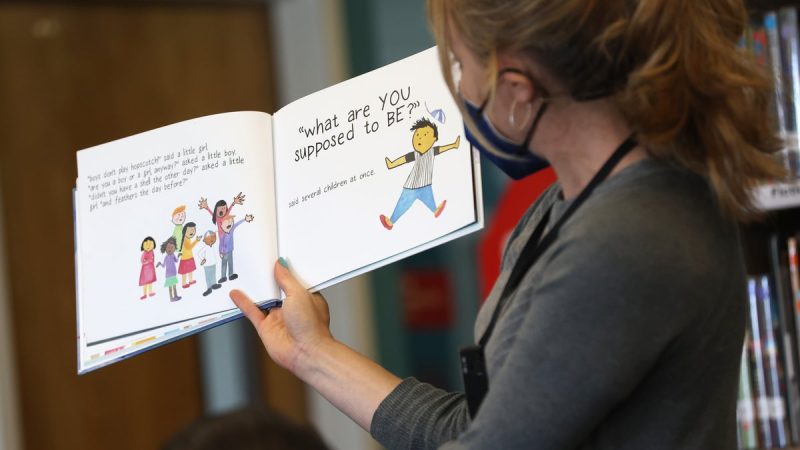In a rapidly changing world where inclusivity is at the forefront of social discourse, the issue of censorship continues to be a divisive topic. The American Library Association has recently raised concerns regarding the censorship of sexually explicit books, emphasizing that such actions disproportionately target the LGBTQ community.
At the heart of this debate is the fundamental right to access information and ideas without arbitrary restrictions. Libraries serve as crucial gateways to knowledge, providing diverse perspectives and representations that reflect the complexity of human experiences. By censoring sexually explicit material, particularly those with LGBTQ themes, individuals are denied the opportunity to explore important issues and identities that are integral to understanding the world around them.
Censorship perpetuates stigma and discrimination against marginalized communities, including LGBTQ individuals who already encounter societal prejudice and invisibility. Restricting access to literature that discusses sexual orientations and gender identities only serves to further isolate and erase their experiences from public discourse. The American Library Association rightly asserts that such actions uphold systemic oppression and hinder progress towards equality and acceptance for all.
Furthermore, censoring sexually explicit books disregards the autonomy of individuals to make informed choices about the content they consume. Rather than imposing arbitrary restrictions, a more constructive approach involves promoting critical thinking and providing resources for individuals to navigate complex themes and subject matter responsibly. Education and open dialogue are essential tools for fostering a culture of understanding and acceptance, allowing individuals to engage with diverse perspectives and broaden their worldview.
In conclusion, the American Library Association’s stance on the censorship of sexually explicit books targeting the LGBTQ community highlights the interconnected issues of freedom of expression, representation, and social justice. By championing the right to access diverse and inclusive literature, libraries play a crucial role in promoting empathy, respect, and equality among all individuals. It is imperative that we continue to advocate for the preservation of intellectual freedom and the celebration of diverse voices in our society.




























